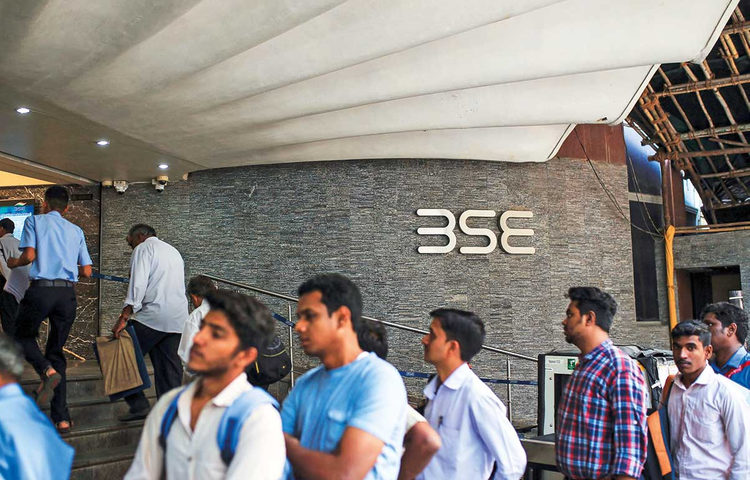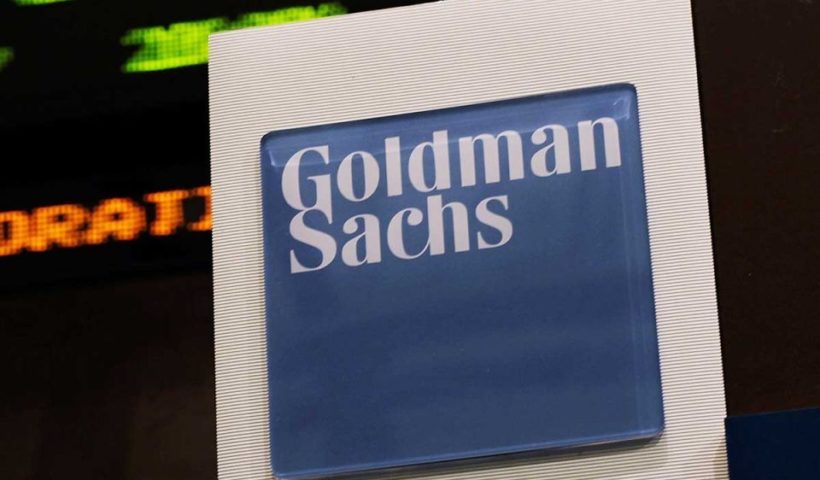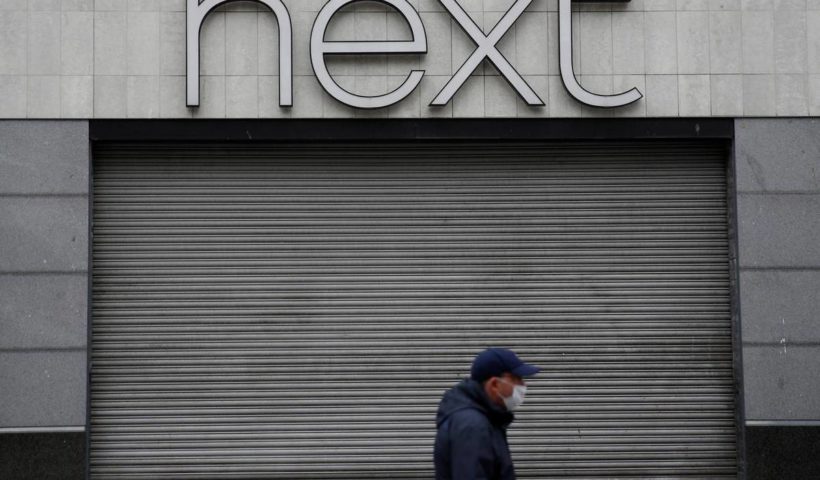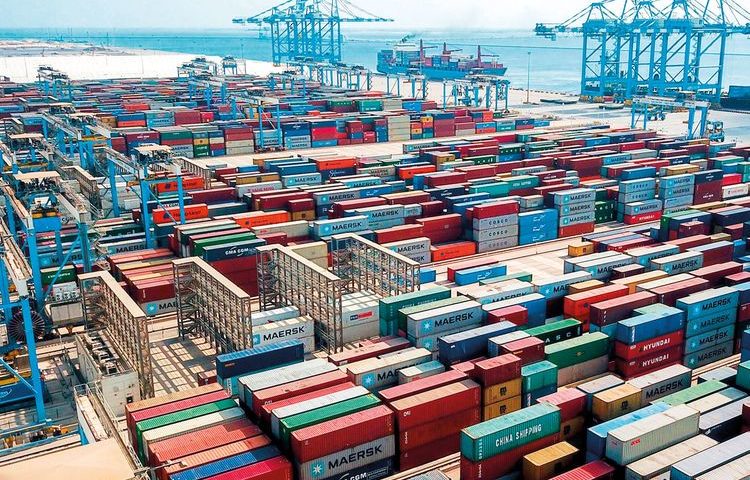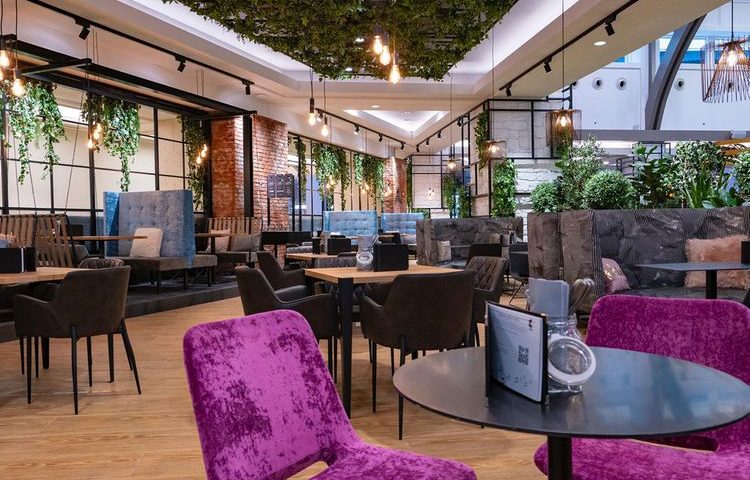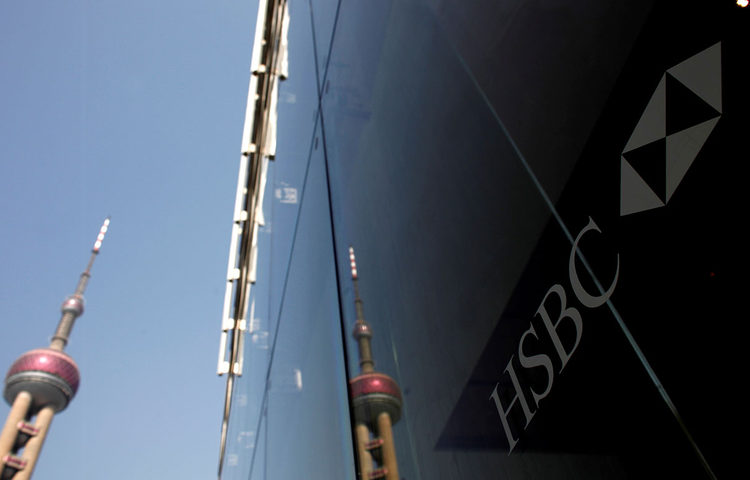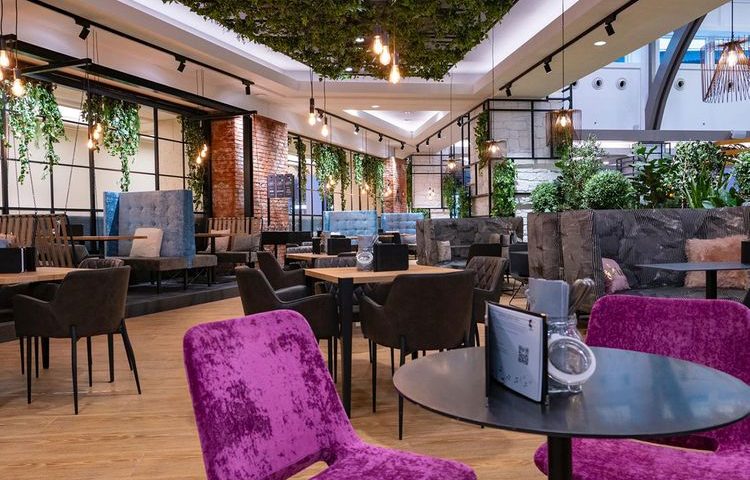Mumbai: The resurgence in Indian equities despite the economic impact from the still-spreading coronavirus has bewildered professional investors.
Mom-and-pop investors, though, are all in. They’re piling into beaten-down stocks such as financials, telecom and high-quality drugmakers amid expectations that Asia’s third-largest economy may recover faster than expected as it gradually unlocks from the world’s biggest lockdown.
Mirroring the rush of first-time investors who drove record sign-ups at U.S. brokerages including Robinhood, India has seen about 1.8 million new accounts opened since March. The benchmark S&P BSE Sensex is down 14% for the year even after rebounding from the worst sell-off since 2008.
The Sensex has rebounded 36% from its March 23 bottom, as local policymakers and governments globally added stimulus to counter the devastation caused by the coronavirus. But there’s a wide dispersion in performance – the banking sector is down 31% year-to-date, while healthcare stocks have rallied.
“Blue-chip valuations look reasonable and we foresee many new investors coming into the market to take advantage of this correction,” said Nithin Kamath, chief executive officer of Zerodha Broking Ltd., India’s largest online discount broker.
Retail investors are pivoting toward cyclicals as these suffered the most during the lockdown. That underscores the narrative that this is about expectations that the worst is over. Valuations for auto, energy and metal stocks remain low versus the broader market.
Kamath said there’s demand for Housing Development Finance Corp., India’s largest mortgage lender that’s down 24% this year, as well as drugmakers. ICICI Securities Ltd. is seeing appetite for large private banks, beaten-down shadow lenders and telecom, said Chief Executive Officer Vijay Chandok.
“Our customers have been net buyers to the tune of about 85 billion rupees during the past four months, with the ‘buy’ percentage increasing from 51% to 62% in the period,” Chandok said.
Vodafone Surge
Other brokers including IIFL Securities Ltd. say interest has been revived in mid-cap stocks. Abhimanyu Sofat, head of research at IIFL, listed Vodafone Idea Ltd. among names that have seen a surge in retail participation.
Shares have surged more than 50% this month after a May 28 Financial Times report that Alphabet Inc.’s Google is considering buying a stake in the British telecom giant’s Indian unit.
Yet as in other regions, investor optimism is yet to be backed by a meaningful improvement in economic data.
While trade fared better in May than in the previous month, and the services purchasing managers’ index climbed back to double-digits in May from the world-record low in April, shoppers seem to be staying home. Bloomberg Intelligence expects the economy to contract 4.5% for fiscal 2021 – with significant downside risks to the forecast.
That outlook isn’t deterring small investors as the tsunami of money helps markets globally climb the wall of worry. The Sensex is set to cap the June quarter with the steepest gain since 2009, in line with the regional MSCI Asia Pacific Index.
The easing of the lockdown “hasn’t changed anything,” said Maansi Sagar, who opened a trading account in March while waiting for an easing of travel curbs to fly to Dubai for a new job. “If you talk to my friends too, in fact, it’s got us even more excited because we are seeing even bigger returns now.”

